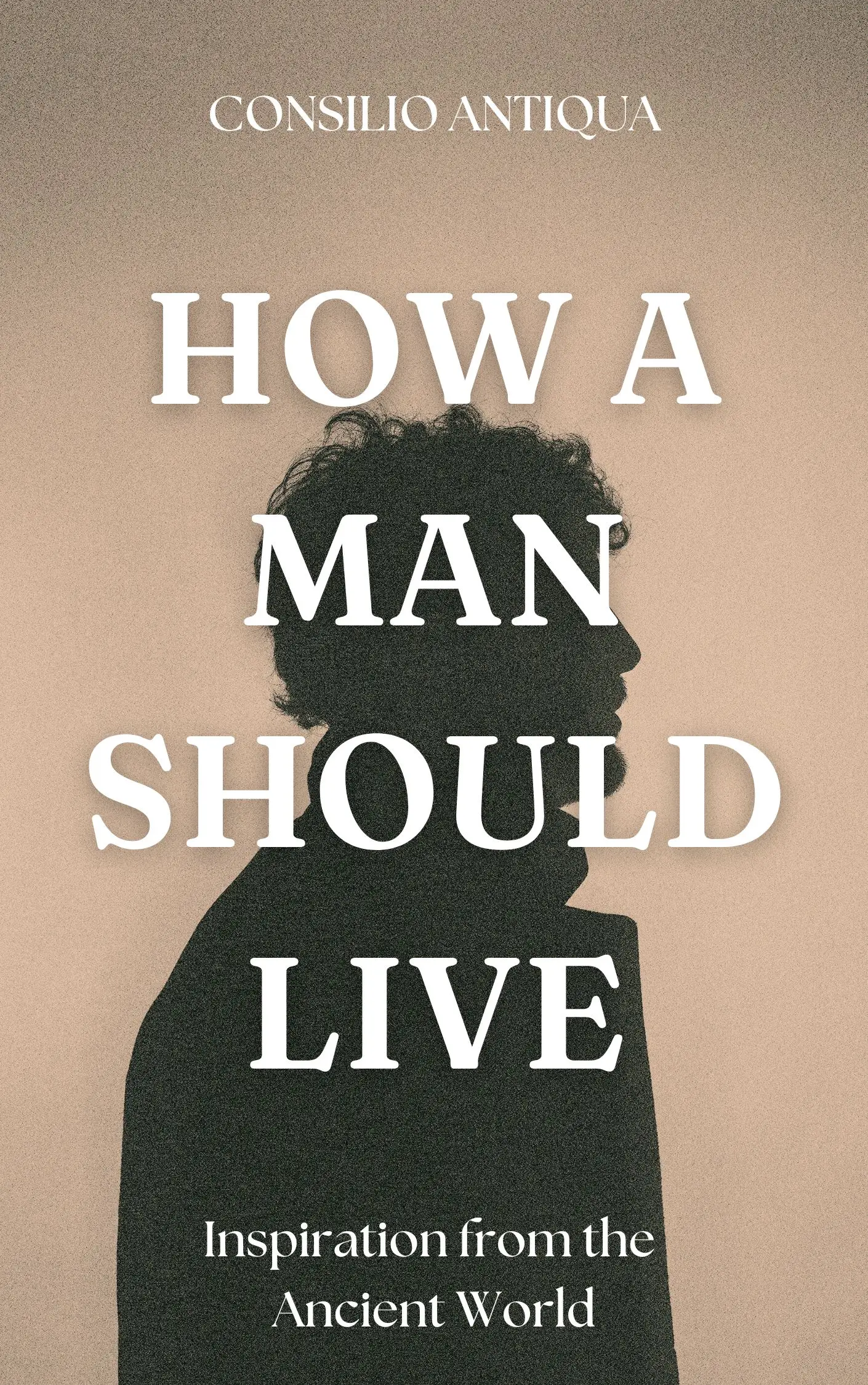
How a Man Should Live | Chapter Biography: Cato the Elder
Chapter Biography: Cato the Elder
In a small, unassuming Tuscan farmhouse nestled amongst the rolling landscape, Marcus Porcius Cato was born. His early life, shrouded in the mists of time, offers glimpses of a childhood steeped in the rustic simplicity of the Roman countryside. His family, though not of patrician lineage, possessed a sturdy independence, a fierce pride in their agrarian roots, a value system that would profoundly shape the man he would become. His education, likely rudimentary by the standards of the wealthy elite, instilled in him a deep respect for tradition, a reverence for the ancient ways of Rome, and a profound understanding of the land that sustained him. This formative period, devoid of the gilded cages of aristocratic upbringing, fostered a resilience and self-reliance that would serve him well in the tumultuous years to come. He learned early the value of hard work, the dignity of honest labor, and the importance of unwavering principle, even in the face of adversity. These lessons, etched into the very fabric of his being, would become the bedrock of his unwavering character.
His rise to prominence was not a swift ascent to power, but a steady climb fueled by military prowess and unwavering integrity. The battlefield became his proving ground, a crucible where his courage and tactical acumen were forged. He served with distinction in various campaigns, his name becoming synonymous with unwavering loyalty and steadfast dedication to the Republic. He wasn't merely a soldier; he was a symbol of Roman strength, a testament to the virtues of discipline and unwavering commitment. Yet, his military successes were not without their shadows. The brutality of war, the sight of bloodshed, and the stark realities of conquest left an indelible mark on his soul, shaping his worldview and informing his later political stances. His experiences in the field, the camaraderie of his fellow soldiers, and the weight of command forged within him a deep sense of responsibility, a profound understanding of the fragility of peace, and a fierce determination to safeguard the Republic he had sworn to defend.
His transition from military leader to political figure was seamless, almost inevitable. His reputation for integrity, his unwavering adherence to tradition, and his sharp intellect quickly made him a formidable presence in the Roman Senate. He became a champion of the old ways, a staunch defender of the traditional Roman values that he believed were essential to the Republic's survival. He spoke with a fiery passion, his words cutting through the political maneuvering and self-serving ambitions of his contemporaries. His unwavering principles, however, often put him at odds with the prevailing political winds. He was a voice of dissent, a lone wolf howling against the encroaching tide of change, his pronouncements often met with scorn and ridicule. Yet, he remained steadfast, unyielding in his commitment to what he believed was right, even when it meant standing alone.
His opposition to the growing power of the populares, the populist faction that championed the rights of the common people, was perhaps his most defining characteristic. He saw their reforms as a threat to the traditional social order, a dangerous erosion of the very foundations of the Republic. He viewed their policies as a betrayal of Roman values, a slippery slope towards anarchy and the disintegration of the state. His relentless attacks on the populares, his fiery speeches denouncing their actions, and his unwavering opposition to their policies made him a controversial figure, a man admired by some and reviled by others. His unwavering commitment to his principles, however, never wavered. He remained a staunch defender of the old ways, a guardian of tradition, even as the Republic teetered on the brink of collapse.
Cato's legacy is complex and multifaceted. He is remembered as a man of unwavering principles, a staunch defender of the Republic, and a symbol of Roman virtue. Yet, he is also seen as a rigid conservative, a man who resisted change and progress, and whose inflexible adherence to tradition ultimately contributed to the Republic's downfall. His life was a testament to the power of conviction, the importance of integrity, and the enduring struggle between tradition and progress. He was a man of contradictions, a figure both admired and reviled, a testament to the complexities of human nature and the enduring challenges of upholding one's principles in a world of shifting sands.
His personal life, though less documented, reveals a man of deep contradictions. He was a devoted husband and father, yet his stern demeanor and uncompromising nature likely created distance in his relationships. He was a man of simple tastes, eschewing luxury and embracing austerity, yet his unwavering commitment to his principles often led to conflict and isolation. His life, a tapestry woven with threads of both triumph and tragedy, offers a profound insight into the human condition, a testament to the enduring struggle between personal ambition and unwavering commitment to one's ideals. His story, though set in ancient Rome, resonates with timeless truths, reminding us of the enduring power of conviction, the importance of integrity, and the enduring challenges of living a life guided by unwavering principles.
Plutarch's Lives, while offering a valuable window into Cato's life, must be approached with caution. Plutarch's biases, his own philosophical leanings, and the limitations of historical record necessitate a critical reading. Yet, Plutarch's account provides invaluable insights into Cato's character, his motivations, and the impact he had on his contemporaries. Supplementing Plutarch's work with other historical accounts and scholarly interpretations allows for a more nuanced and balanced understanding of this complex and fascinating figure. The enduring legacy of Cato the Elder continues to inspire debate and discussion, reminding us of the enduring power of principle and the enduring struggle between tradition and change.
